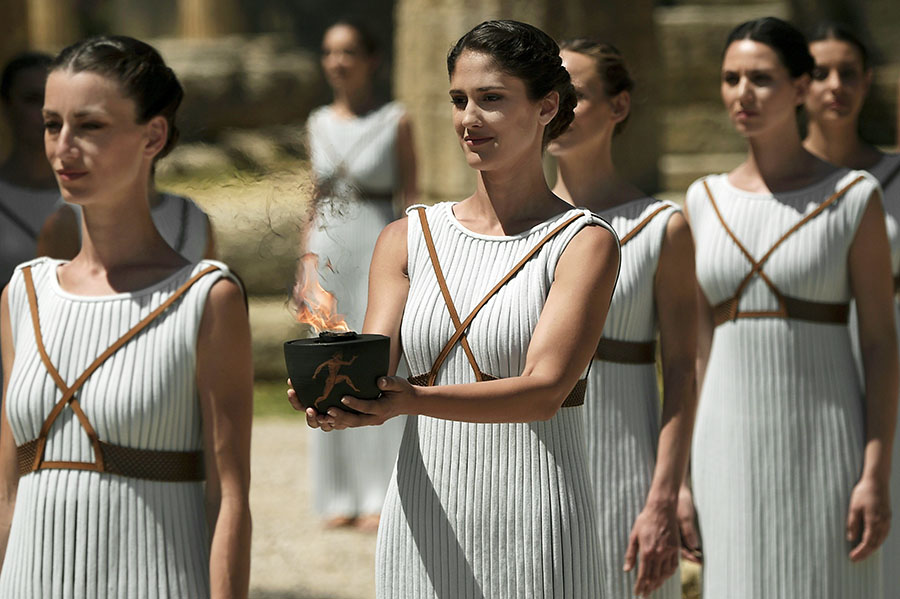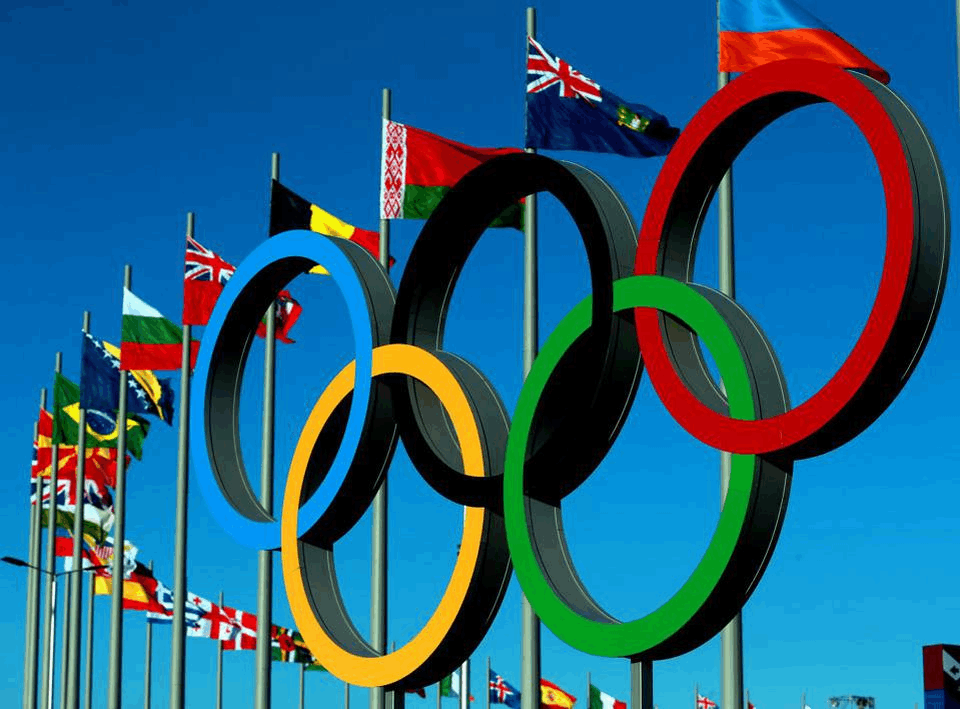The Olympics come from an ancient tradition and there were Olympic stars long before there was television and internet to create the Olympic heroes of today. When the Olympics were in their infancy there was a very select few that could even compete in them. Only the Greek people and young men who were not criminals and had the permission of their state could participate in the Olympics. That is a far cry from today’s inclusive games that allows men and women from around the world to participate.
For an athlete at the ancient Olympics, a life full of honor was the only kind of life worth living. Honorable men was meant to have self-discipline and respect for themselves as well as for the laws and Gods of the city of Rome. This was a man who took pride in carrying out his duties towards his own family and town. He also valued moral rewards more than profits.
The athlete who aspired to be the best was also one who was very well respected by citizens and fellow athletes. He was supposed to show respect to his fellow competitors and follow all the rules of the game such as avoiding overzealous behavior and he was required to exhibit restraint. He was a noble competitor who accepted both victory and defeat gracefully. We’ve dived into the old world and discovered four ancient Olympic stars you want to know about.

Who Were The Ancient Stars Of The Olympics?
Theagenes of Thasos
He was one of the towering figures in ancient sports. He was a Greek Pugilist and supposedly won 1,300 bouts in the course of his 22-year career. He was significantly involved in the Olympics in the years between 476 and 480 B.C. He became the first athlete to win a wreath in both the pankration and Boxing competitions, which were the ancient form of mixed martial arts.
He also went on to win 21 more championships at the Nemean, Pythian and Isthmian games and even won a crown as a long-distance runner during the city of Argos competition. He actually remained undefeated as a boxer for more than two decades and he still continued to be a formidable presence even after he died. In fact, when a vandal once wanted to deface his statue, the bronze fell on him and carved him to death.
Leonidas of Rhodes
Very little is actually known of Leonidas of Rhodes, who was a runner that won a wreath in at least three categories of the Olympic Games in 152, 156, 160 and 164. He was notable for his long career and won his final championship at 36 years old, but he was also extremely versatile. He won sprint races such as Diaulos and Stadion, but he was victorious in the Hoplitodromos, which was a strength-based race where the contestants ran in armor and helmet while carrying a shield as well.
In total, Leonidas of Rhodes ended up achieving a staggering 12 Olympic victories, which was a feat that had never been equaled by anyone in the ancient as well as modern competitions. Even the modern swimming star Michael Phelps has only earned 11 Olympic Wins individually.
Gaius Appuleius Diocles
It is very easy to marvel at the astronomical salaries that are usually earned by the modern-day athletes, but believe it or not, these are simply mere pittance when compared to the winnings of the Gaius Appuleius Diocles, who was a Roman chariot racer in the second century A.D. During this entire 24-year career, he competed in more than 4,200 races, and won 1,462 of them where he finished second place in 861 of these events.
While there are many other chariot jockeys who had better records, Gaius had a great knack of winning in the big-money events and his earnings also saw him become one of the richest men in the country of ancient Rome. As per the University of Pennsylvania a professor, Peter Struck, this great athlete Gaius, had winnings amounting to 36 million Roman Sesterces, which was enough to pay the salary of the entire Roman army for more than two months. This sum, when calculated in the modern-day times, is equivalent to $15 billion in cash.
Diagoras of Rhodes
He was a champion at boxing and the patriarch of one of the most famous sports families in ancient Greece. He claimed the crown during the Olympic in 464 B.C. and this achievement was later immortalized in a verse by the Lyrical poet Pindar. He then went on to win many more boxing titles during the Pythian Games that were held in Delphi, the Isthmian Games, and the Nemean Games as well.
These victories saw him become a periodonike, which was an honor bestowed on the sportsman who had won in all the four major festivals. He is perhaps most famous for the achievements of his three sons who won championships in both pankration and boxing. His sons Acusilaus and Damagetus won the events in 448 B.C. They celebrated these wins by carrying Diagoras on their shoulders through the arena.

The 4 Stars Of The Ancient Greek Olympics Conclusion
Hosting the Olympics wasn’t as easy as it is today. In ancient times there was always a threat of enemies invading at any time. So before the Olympics began in Ancient Greece, they called a truce. The truce is a Greek word that means “laying down of arms” and this was usually announced before and during the Olympic Games to ensure the host city wasn’t attacked. This allowed athletes and spectators to travel safely to and from the Games.
The stars of the ancient Olympics had to worry not only about their performance, but also of their safety and the safety of everyone else there. The ancient stars had a lot on their plates but managed to do so well that they are still talked about today. Surely, they are happy with the legacy they have left of their heroic and honorable competition that has lived far beyond their lives.







